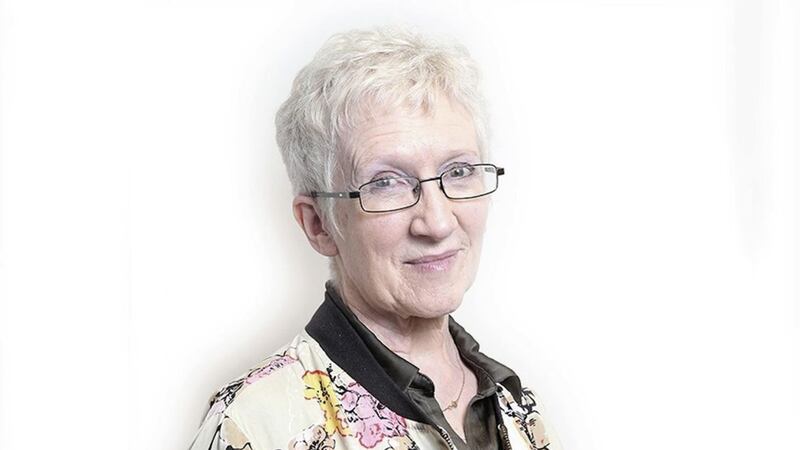‘MY sister gave me it when I was 17 and I thought it was great. I didn’t know it was supposed to be a hard book. Turns out I was a better reader then than I ever was after. When I was around 65 I opened it all sure of myself and couldn’t make head nor tail of it.’
The Dubliner talking about James Joyce’s historic novel Ulysses, a hundred years old this month, ignores the annual rites of Bloomsday, June 16, the date the book’s action supposedly happens. But she learned ‘a fair bit’ about Joyce to go with her knowledge of the city’s street-life in her mid-sixties, working in a scheme to get women back into education.
She came away from the short stories collected as Dubliners thinking him tender towards women in his writing, ‘so manipulative’ in life. She meant towards the wealthy American and English women, both lesbian, who revered and published him and helped finance his chaotic life.
RTÉ did Joyce proud this year, as always, with a complete reading on Radio 1 Extra. They also sent someone to St Patrick’s Cathedral Choir School to hear about their centenary project.
You can’t go wrong with children too young for pretensions. ‘It’s about two men who wander round the streets of Dublin trying to find each other. In the end they do and they have a nice chat. It’s a very interesting book.’
Which of course is what it’s ‘about’. As well as death, vanity and human relations, about struggling to stay afloat and find money for drink in an obstreperous 1904 Dublin. In punning, puzzling language that Joyce mischievously foretold would occupy academics forever.
I failed to get this written before the big birthday but at long last I’m one of the many who read at least part of it. Hooked now, probably, though it will be an instalment job. Solidarity with slowcoaches everywhere.
Now I know blurry fragments, having begun with surprised pleasure. ‘Sure this isn’t hard at all, funny and – WHAT?’ Straightforward Ulysses suddenly seemed to become the later, notoriously much more difficult Finnegan’s Wake, which I will never try to read.
‘My head is full of pebbles and rubbish and broken matches,’ Joyce wrote to Harriet Weaver Shaw, woman of superhuman loyalty who published his earlier Portrait of the Artist and for decades during the making of Ulysses and Finnegan’s Wake kept him and Nora, his wife, financially afloat.
At least two bottles of wine a day for James. (One version of the letter above leaves out the broken matches, which seems the best phrase to me.)
The Ulysses I opened decades after buying it is a laminated dark green hardback stamped ‘SELB Library Service Withdrawn from Stock’. New Edition, Tenth Impression 35 s (‘s’ for shillings, young readers) inside the cover. Record of loans roughly torn out, alas. The Bodley Head edition of 1937, after the censors gave up. In 1923, Weaver Shaw’s Egoist Press produced 500 copies, 499 of them seized.
Because it’s out of copyright, if you have a Kindle you can download it for free with a fine introduction thrown in for under £2. Joyce said it took him 20,000 hours to write. After ‘I said yes I will Yes’, the final words that almost everyone knows, the time and dateline underneath records the workings: ‘Trieste-Zurich-Paris, 1914-1921’.
Even to a new reader who leaves early, Ulysses gives up details, pebbles, broken matches. Also casual anti-semitism that saddens and enrages Joyce’s warm and flawed hero, half-Jewish Leopold Bloom. Plus a sense of an Ireland run from Dublin, Belfast for visiting to buy pretty linen presents.
Oh and yes, if your reading has been very cautious, your eyebrows may arise and stay risen. It’s clear quite fast why various kinds of conservatives wanted it banned.
It’s more than a book. If you haven’t, try it? In solidarity with Joyce, and me.








